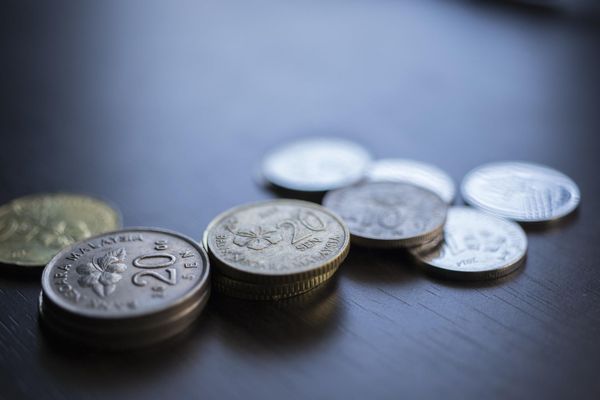By Yasmin Ramlan
SHAH ALAM, June 25 — Three major policy changes are set to come into force starting July 1, as part of the government’s efforts to strengthen the country’s fiscal position, promote energy efficiency, and phase out outdated fuel technologies.
They are the expansion of the Sales and Services Tax (SST), an adjustment to the electricity tariff in Peninsular Malaysia, and a complete ban on the registration and use of all natural gas vehicles (NGVs).
Of the three, the expanded SST is expected to have the widest impact on both consumers and businesses, especially those dealing in imported goods, luxury products, private education, and service sectors like beauty and leasing.
Under this revision, a sales tax of five to 10 per cent will be applied to non-essential and premium goods, like imported fruits, high-end seafood, and luxury items, while basic necessities, including rice, sugar, cooking oil, milk, and medicines, will remain exempt.
Meanwhile, the scope of the Service Tax will be expanded to include new services, including leasing or rental, construction, financial services, private education, and beauty services, with rates ranging from six to eight per cent.
As a result, some businesses may seek to offset the additional tax burden by passing the cost on to consumers.
Media Selangor takes a closer look at some of the goods and services that will be affected by the expanded SST, and what it means for both the general public and the business community.
General public
- Imported fruits like avocados, kiwis, and cherries will become more expensive as SST applies to imported (not local) exotic fruits.
- Luxury seafood like king crab and salmon will see price increases at restaurants, stores, and supermarkets.
- Private education will be subject to a six per cent Service Tax, namely private schools charging over RM60,000 per student annually (including Malaysian students), and for foreign students in higher education.
- Beauty services, including facial treatments and hairdressing, will be taxed at eight per cent if the provider’s taxable value exceeds RM500,000 annually.
- Luxury items, including jewellery, designer handbags, and watches, will also be taxed under the expanded SST. Some of these items were already subject to the Sales Tax previously, but under the new structure, some will retain their existing rates while others will see an increase.
- Cosmetics and perfumes, particularly branded or premium beauty products, will also be affected depending on their type and category.
- Essential goods will remain tax-free, with daily necessities including rice, sugar, palm cooking oil, milk, and medicines not affected by the new tax. This is aimed at maintaining the basic cost of living for most Malaysians.
Trade and businesses
- Food stalls and restaurants: Businesses selling imported fruits (like avocados, kiwis, and cherries) or luxury seafood (like king crab and salmon) will need to apply the new SST rate, which will increase their costs and likely result in higher menu prices for customers.
- Retailers and supermarkets: Outlets selling non-essential and luxury goods, such as designer handbags, jewellery, perfumes, and premium fabrics, may increase prices for end users, as they are subject to pay Sales Tax on these goods as soon as they leave the factory or cross borders.
- Private education: High-end private schools (charging over RM60,000 per student annually) and those catering to non-citizen students will need to impose a six per cent service tax, potentially making their services less competitive or attractive to some families.
- Beauty salons and service providers: Beauty businesses offering services like facials and hairdressing with an annual taxable value above RM500,000 must register for SST and charge an eight per cent tax. This is expected to increase service costs and will necessitate updated accounting and invoicing procedures.
- Leasing, construction, and financial services: Companies in these sectors will face additional compliance and registration requirements, as well as the need to adjust contracts and pricing structures to reflect the new six per cent to eight per cent Service Tax.
- Enterprises and retail chains: Businesses, especially those located in shopping malls, may experience increased rental costs due to the new Service Tax on leasing and rental. This could increase their operating expenses and may lead to higher prices for consumers. However, micro, small and medium enterprises with annual sales of less than RM500,000 are exempted from this tax.
- Manufacturers and importers: Importers and manufacturers dealing in newly taxed goods (like machinery and premium materials) must pay SST, which increases input costs and may potentially affect profit margins and investment decisions. However, the Finance Ministry (MOF) has agreed to waive the Sales Tax if the manufacturer registers for the Approved Major Exporter Scheme by September 30, 2025.
Previously, the Finance Ministry addressed concerns raised by companies over the tight deadline for the expanded SST rollout on July 1.
According to the ministry, companies not currently registered under SST but offering taxable services such as rental must, in July 2025, assess whether their revenue from these services has exceeded RM500,000 in the past 12 months.




